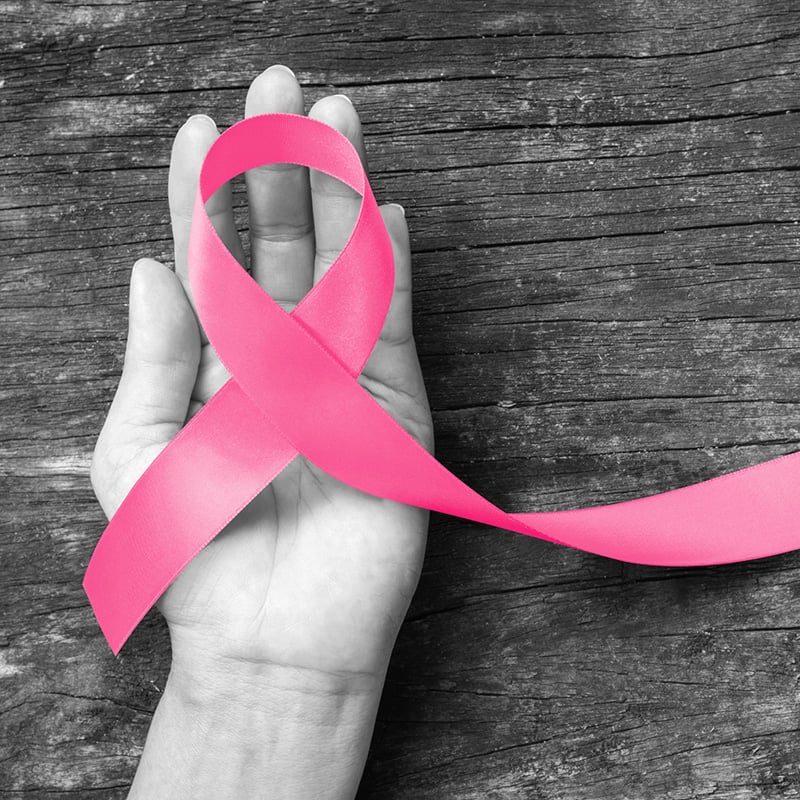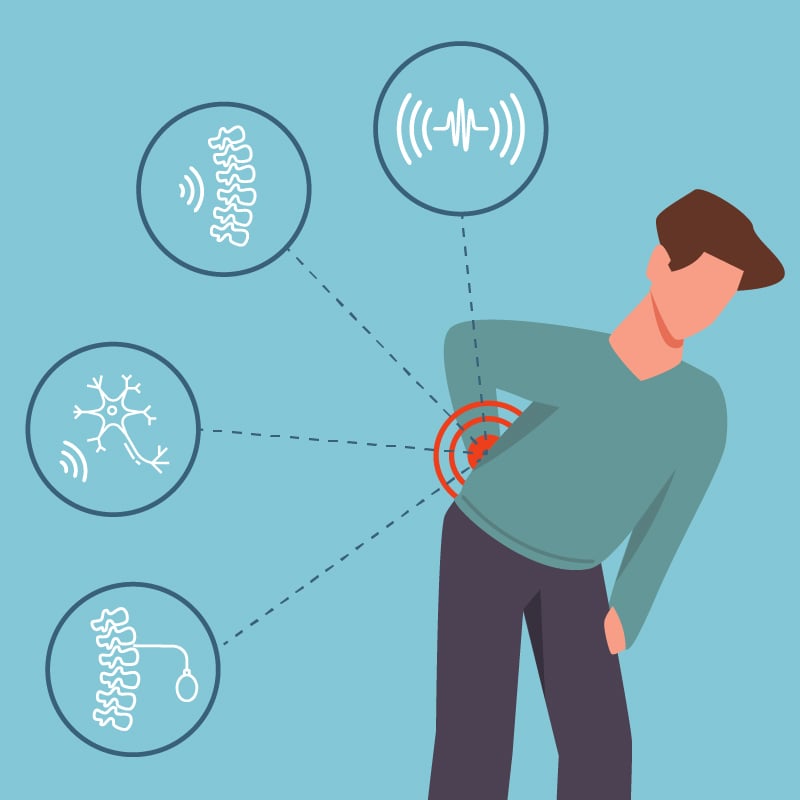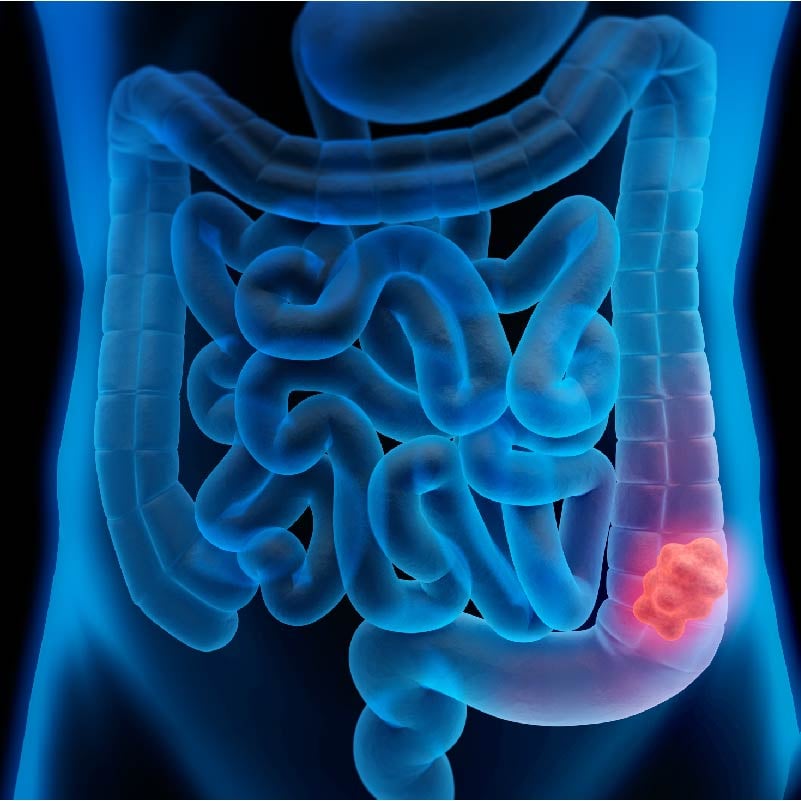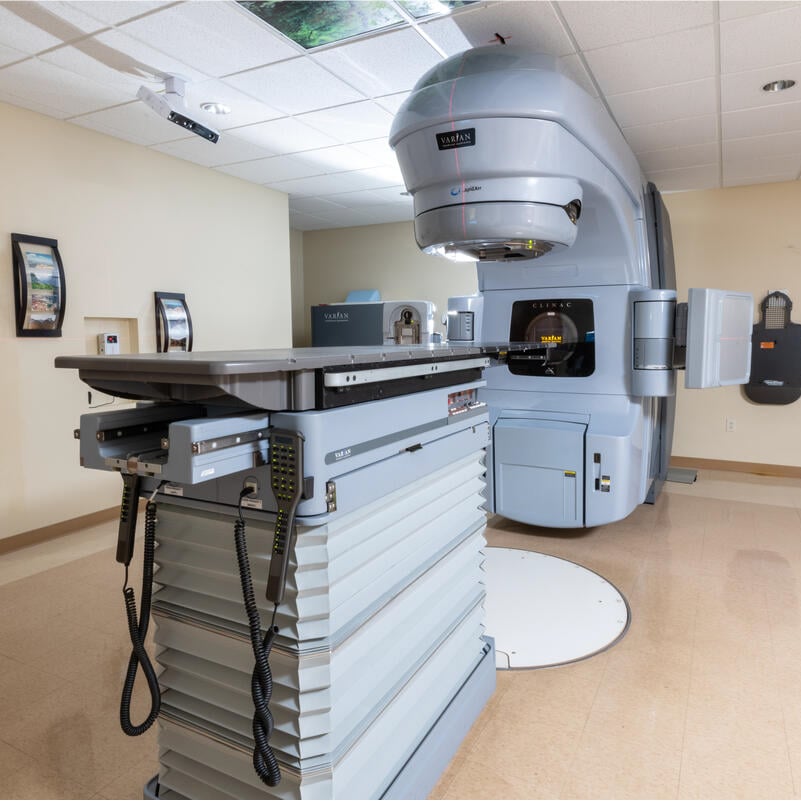Everyone has some risk of developing cancer, and in most cases, the disease develops by chance. However, some people are genetically predisposed to developing certain types of cancer such as breast, ovarian, colon and prostate cancer. The inherited risk to cancer plays a role in approximately 10-15% of all cancers.
Rochester Regional Health’s Lipson Cancer Institute provides individualized assessments and genetic testing services for people who are concerned about the potential increased risk for cancer.
Kimberly Provenzano, Advanced Practice Nurse in Genetics at the Lipson Cancer Institute, discusses how we identify at-risk individuals and their families to help prevent, detect and improve outcomes.
Who Should Get Cancer Genetic Testing?
Genetic testing is commonly recommended for people or families with multiple cases of cancer, especially at unusually young ages.
“Many patients benefit from genetic testing after a recent diagnosis of cancer in their family,” said Provenzano.” “If we find the specific gene alteration, this can inform medical management where physicians can offer more targeted and effective treatments and risk-reducing surgical strategies.”
Physicians can refer patients or they can also self-refer to learn about genetic testing and decide whether it might be useful to inform health care decisions.
How Genetic Testing Works
If you believe you’re at high risk, have had a referral for genetic testing or want to learn more about your risk for cancer, you can set up a cancer risk evaluation. These evaluations include:
- Review of family history
- Personal risk factors
“We discuss the potential risks and benefits of testing and help patients anticipate the implications of the results,” Provenzano said.” “For some patients, there is considerable anxiety as these gene alterations can be inherited and passed to family members.” We help facilitate discussions between patients, their family members and physicians to help people understand cancer risk and what strategies can be helpful at reducing it.
“If you meet our high-risk criteria and want to move forward with genetic testing, we’ll collect a DNA sample, either through a saliva or blood sample, and submit it to a certified lab,” explained Provenzano. “For those that are not comfortable coming into the clinic for a DNA sample, we also provide at-home saliva testing. Within a few weeks, we’ll get your results.”
Issues with Direct-to-Consumer Genetic Testing
23andMe and companies like Ancestry DNA, offer similar types of health screening, however, these tests have technical limitations including accuracy and precision.
“As many as 40% of direct-to-consumer tests yield an incorrect result that can lead to improper management and possible harm,” said Provenzano. “If you’ve had an at-home test through one of these companies, I often recommend repeating your test using a clinical laboratory to ensure accuracy.”
These “direct-to-consumer” tests are not covered by insurance and can be expensive. Personal data may be vulnerable or improperly protected and even released to third parties. And, inadequate post-test counseling leads to a misunderstanding regarding the significance of the results and how the information should be integrated into future healthcare.
“People shouldn’t learn about their risk of cancer through the mail. It takes a multidisciplinary team of specialists, including surgeons, oncologists, primary care physicians, and nurses to help people navigate through this journey.”







